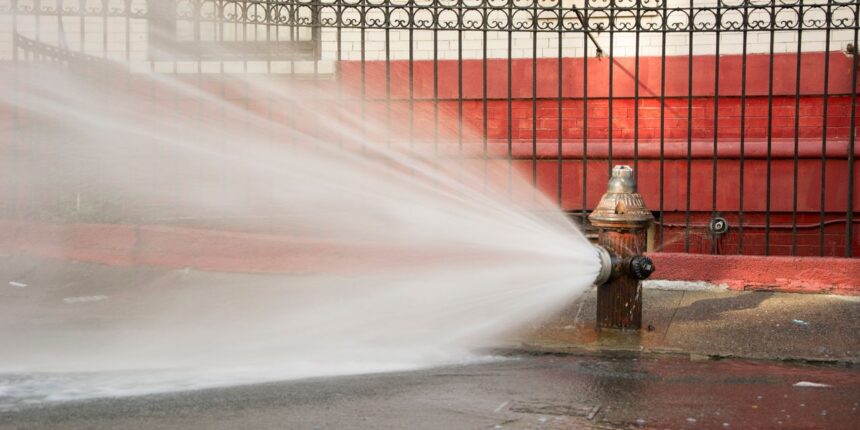If you’re pressed for time, or just a well-hydrated person who pees a lot, you might be tempted to hold all that liquid in for a while—and then beam it out fast when you finally hit the toilet. But this kind of fire-hose-style peeing, a.k.a. “power peeing,” can, well, backfire.
It’s just the opposite of how we were designed to pee, which is by relaxing the pelvic floor, or the sling of muscles that runs from your pubic bone to your tailbone, Sara Reardon, PT, DPT, WCS, a New Orleans–based board-certified pelvic floor physical therapist, author of Floored, and founder of pelvic floor workout app The V-Hive, tells SELF. Read on to learn the problems with power peeing and how to break the habit and embrace a gentler flow.
Why you shouldn’t power pee
Understanding what happens in your pelvis in a normal peeing scenario can help illustrate why power peeing is so counterintuive—and problematic. When you sit to pee as usual, your pelvic floor softens, allowing your urethra (a.k.a. pee tube) to open, and at the same time, your bladder muscle naturally fires, squeezing urine down and out through that channel. But if you’re pushing, you interrupt that chain of command: Your pelvic floor muscles can’t fully relax, so you’ll wind up forcing pee through a partially closed urethra, Dr. Reardon explains.
That act creates a surge of pressure in your abdomen, which can, over time, “stress and weaken your pelvic floor muscles and the surrounding ligaments,” Dr. Reardon says, “increasing your risk of incontinence [pee or poop leakage] and pelvic organ prolapse,” which happens when one or more pelvic organs slip downward and bulge out of your vagina or butt. (It’s one of several reasons you also shouldn’t strain hard to poop, BTW.)
Because you’re trying to funnel pee through what is essentially a half-closed door, you also might not completely empty your bladder—which could mean you need to pee again soon, negating any time you might’ve initially saved by hurrying things along. While it’s normal to have up to 50 milliliters (mL), or roughly three tablespoons, of urine left in your bladder after any given pee, if more than that remains in there due to power peeing, you could also be at higher risk of a urinary tract infection (UTI), Dr. Reardon points out. Extra residual pee allows for a potentially greater bacteria count in your bladder, she explains.
Read the full article here



